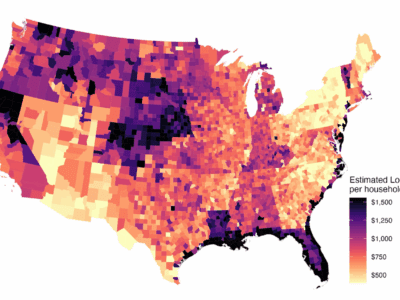Permitting reform in the Trump Administration
It’s hard to do a deal when one side can’t be trusted to keep their side of the bargain
There’s more chatter about permitting reform again in Congress. I’m supportive of the concept, and thought the deal on the table at the end of the Biden Administration was probably worth doing. So there are now bipartisan efforts to amend NEPA, and also to do a broader permitting reform bill. I’ll leave specific analyses of those pieces of legislation to other posts. Here, I want to highlight a fundamental problem that any deal for permitting reform will face for the next few years.
First, given the rulings of the Senate parliamentarian for the most recent reconciliation bill, any major permitting reform will have to be bipartisan (unless the filibuster is eliminated). That means Democrats will have to be on board.
But that in turn raises a real problem. How can Democrats do a deal to advance permitting reform when the type of projects they might want to advance through reform – such as transmission lines and renewable energy – are being killed by the Trump Administration left and right, often using dubious or sweeping assertions of previously unexercised executive power. Absent some kind of guarantee that the Administration will change its approach, any permitting reform deal will be one-sided, just giving Republicans the Administration what they want. One could perhaps take some sort of promise from the Administration that if a deal was done, they would change their approach – let’s just say I think Democrats should be highly skeptical of any promises of that nature from this Administration. Worse, given this Administration’s willingness to push the envelope in complying with court orders or Congressional prerogatives with respect to the budget, it’s hard to see how Democrats would feel comfortable with any legislative deal that purported to tie the hands of the Administration.
Which means it is unclear how Democrats have any incentive to do permitting reform in this Administration. That does not mean, as others have noted, that there are not good reasons to lay the groundwork for abundance reforms down the road, or to do bipartisan work at the state level. But federal permitting reform in this Administration will be very difficult to make work – on top of the issues of political polarization I have previously highlighted.
Reader Comments
One Reply to “Permitting reform in the Trump Administration”
Comments are closed.







That is a powerful argument.